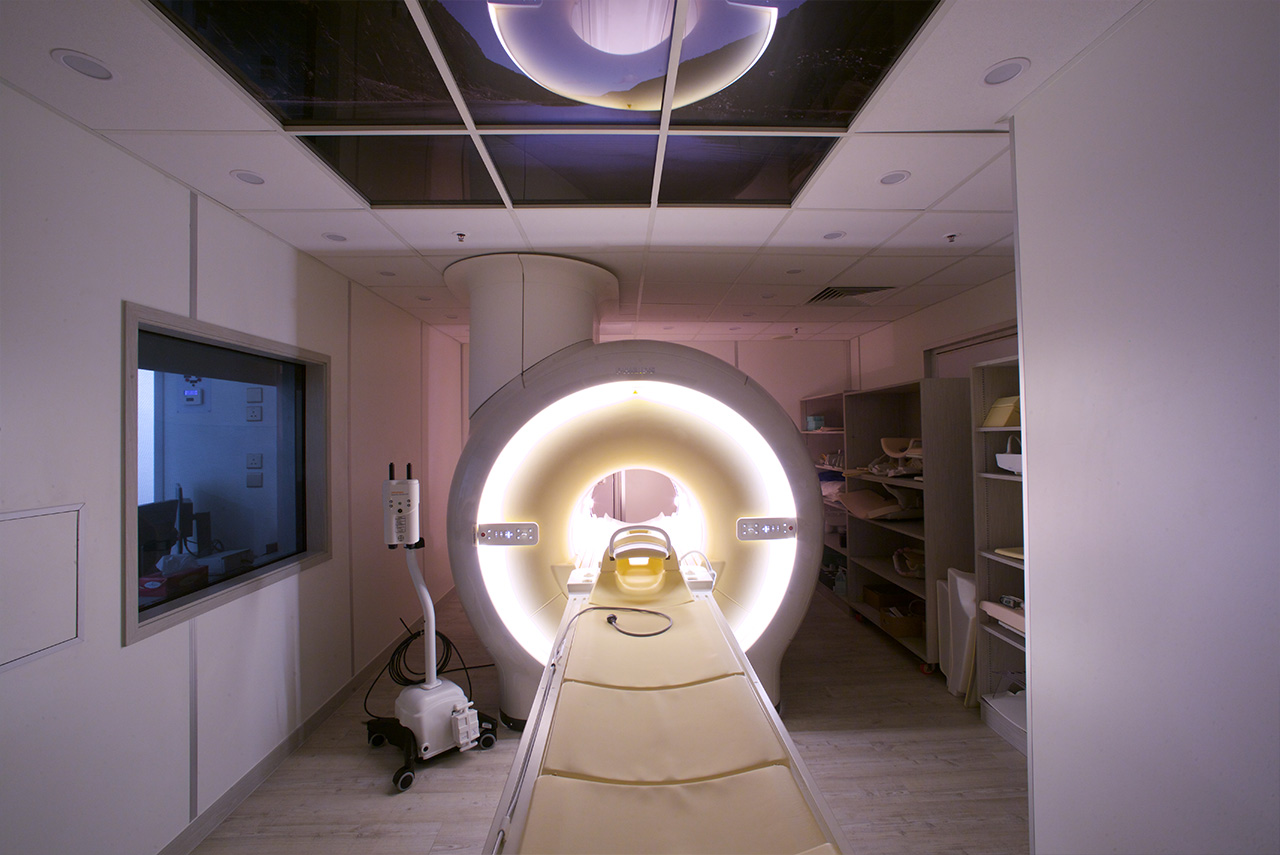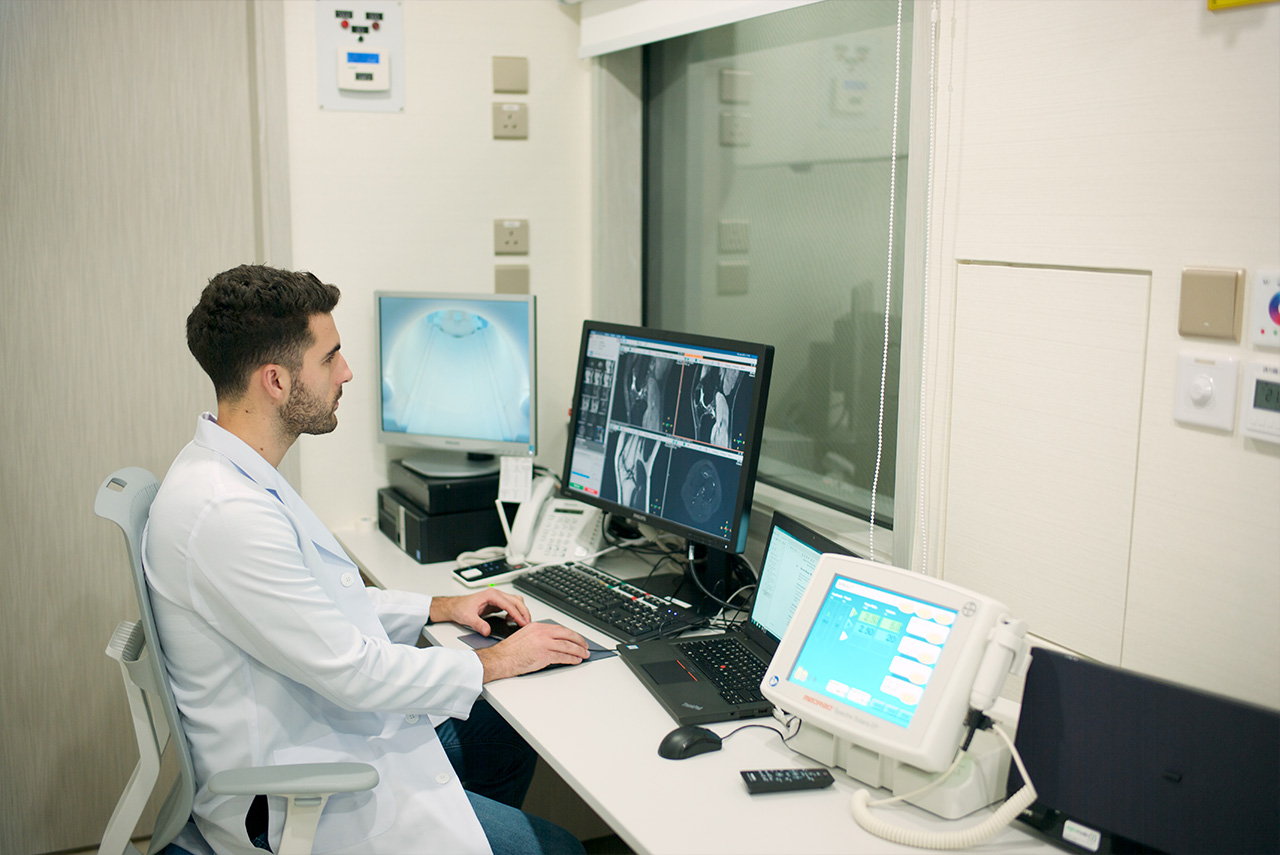As Hong Kong faces its worst Covid-19 wave since the start of the pandemic, your safety – as well as one of your loved ones – comes before anything else. Covid PCR tests are powerful and highly reliable tools to know if you have an active SARS-CoV-2 infection.
Early detection can help you find the right medical treatment to reduce complications. And, it allows you to know when to isolate to prevent the transmission of the virus and avoid infecting those around you.
But what are PCR tests and how do they work? Here is everything you need to know about this kind of testing and when you should get one.
What Are COVID PCR Tests?
RT-PCR stands for reverse transcription-polymerase chain reaction. These kinds of tests are used to detect the presence of a specific virus at a certain time. During a PCR test, a sample of your saliva or mucus will be collected, which contains your DNA, as well as the DNA of the virus.
The sample will be inserted in a specially-designed machine alongside an enzyme – called polymerase – which will cause the DNA sample to produce multiple copies. This process makes it easier for the machine to identify the presence of a virus. According to an August 2021 study, PCR tests are 97.7% effective in detecting the presence of Covid-19, against the circa 78% accuracy of antigen tests.
While several PCR tests exist – such as the ones to detect cancer or HIV – Covid-19 RT-PCR tests are created specifically to detect the presence of SARS-CoV-2, the virus that causes Covid-19. And, since the start of the pandemic, they have represented the most sensitive, accurate, and reliable way to identify an infection.
How Do COVID PCR Tests Work?
Covid-19 RT-PCR tests work differently from at-home antigen tests. There are usually three steps involved with carrying out a PCR test:
- Collection – during the sample collection phase, a healthcare provider at Trinity Medical will insert a long and thin swab into your nose. When inserted, this flexible stick might cause temporary discomfort, but shouldn’t hurt. The DNA sample collected from your nose tissue is then sealed in a sterile tube.
- Extraction – the extraction phase happens in a professional laboratory. During this phase, the DNA material is extracted from the swab and isolated, making it easier to detect the presence of the virus.
- Polymerase-Chain Reaction (PCR) – during the last phase of the test, the isolated genetic material is inserted in a thermal cycler, alongside special chemicals. The machine will bring the sample through several heating and cooling cycles, which creates millions of copies of the genetic material. This amplification allows scientists to use dedicated software to detect and interpret the virus’s signal.
Once the lab scientists have interpreted the signal, you will receive a positive or negative result:
- Positive result – it means that you have a SARS-CoV-2 infection (if asymptomatic) or active Covid-19 infection (if you have symptoms). In both cases, you should isolate and contact your healthcare provider. Most people only report mild symptoms that disappear within a few days of the infection, without the need for medical care.
- Negative result – it means that you probably didn’t have a SARS-CoV-2 infection when the sample was taken.
PCR Covid-19 tests might be less accurate if you have only been infected recently and don’t yet show symptoms. Additionally, keep in mind that, at the time of writing, there are over 4,000 active cases every 100,000 people in Hong Kong, which makes it possible for you to become infected after your test. Because of this, it is essential to practice all the self-distancing and hygiene best practices, which can help you keep yourself and your loved ones safe.
When Do You Need a COVID PCR Test?
Unlike antigen tests, which can offer you somewhat less accurate results in less than 30 minutes, PCR test results are usually available 24 hours after you have undergone the test. There are multiple reasons why you might need a PCR test result:
- If you have symptoms such as cough, fatigue, chills, headache, sore throat, fever, or congestion. These are the common symptoms associated with Covid-19, and you should verify whether you carry the infection or not.
- If you are asymptomatic but you believe to have been in contact with an active case. Don’t forget that the Omicron variant is estimated to be 1.5 times more infectious than Delta, which makes it more likely to contract the virus if you have been in contact with someone with a Covid.19 infection.
- If you need to travel, some countries might require a negative PCR test as part of their entry requirements.
Book Your Appointment at Trinity Medical
While getting vaccinated and maintaining self-distancing rules are the best way to prevent a severe Covid-19 infection, PCR tests can help you detect the presence of the virus, minimize the chances of severe complications, and reduce the likelihood of transmission. Get in touch with the providers at Trinity Medical today to book your RT-PCR Covid-19 test.




